Introduction: How to Hydrate and Moisturize Dry Skin
Dry skin can be uncomfortable and unsightly, causing itching, flaking, and irritation. It can also lead to premature aging and wrinkles. To combat these issues, it’s important to hydrate and moisturize your skin regularly.
Why Hydrating and Moisturizing Your Skin is Important
Hydrating your skin means increasing its water content, while moisturizing means trapping that water in your skin to prevent it from evaporating. Both processes are important for maintaining healthy and youthful-looking skin.
When your skin is dehydrated, it can become dull, rough, and prone to fine lines and wrinkles. Hydrating your skin can improve its texture, making it smoother and more radiant. Moisturizing, on the other hand, can help to protect your skin from damage caused by environmental factors, such as wind, sun, and pollution.
There are many ways to hydrate and moisturize your skin, from drinking plenty of water to using the right skincare products. In this article, we’ll explore some of the best ways to keep your skin hydrated and moisturized, so you can enjoy healthy, glowing skin all year round.
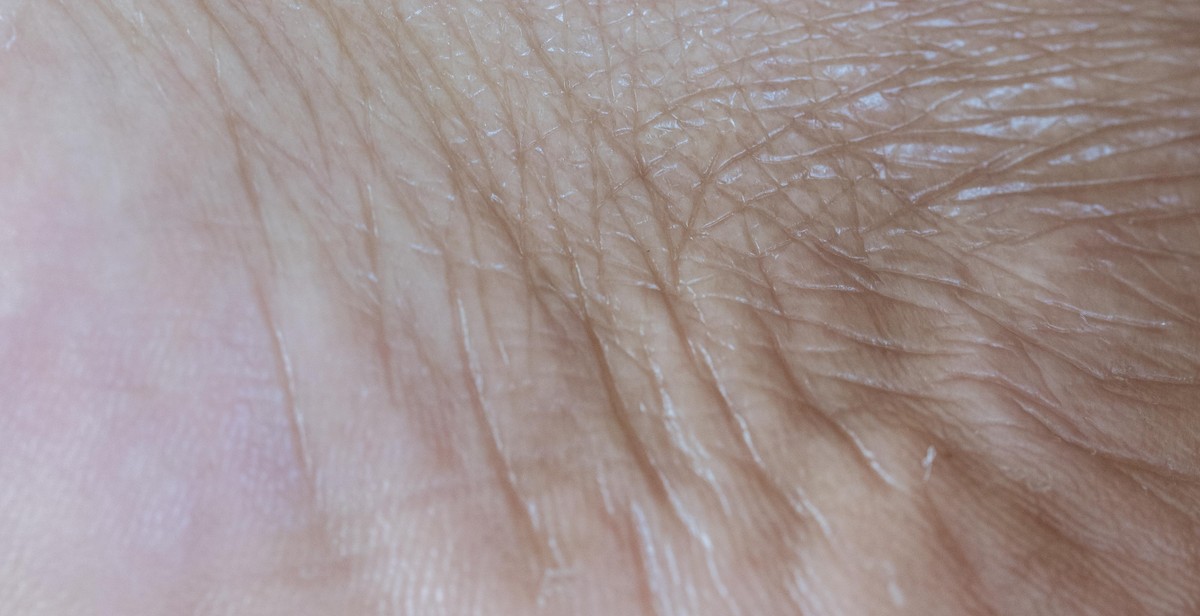
Understanding Dry Skin
Dry skin, also known as xerosis, is a common skin condition that affects people of all ages. It occurs when the skin loses its natural moisture and becomes dry, itchy, and rough. Dry skin can be caused by a variety of factors, including:
Causes of Dry Skin
- Weather conditions: Cold, dry air can cause the skin to lose moisture.
- Hot showers or baths: Excessive exposure to hot water can strip the skin of its natural oils.
- Harsh soaps and detergents: Strong soaps and detergents can remove the skin’s natural oils.
- Aging: As we age, our skin becomes thinner and loses its ability to retain moisture.
- Medical conditions: Certain medical conditions, such as eczema, psoriasis, and thyroid disorders, can cause dry skin.
Symptoms of Dry Skin
The symptoms of dry skin can vary from person to person, but common symptoms include:
- Dry, itchy skin
- Rough or flaky skin
- Redness or irritation
- Tightness or discomfort
If left untreated, dry skin can lead to more serious skin conditions, such as dermatitis or infection. It’s important to take steps to hydrate and moisturize dry skin to prevent further damage and discomfort.
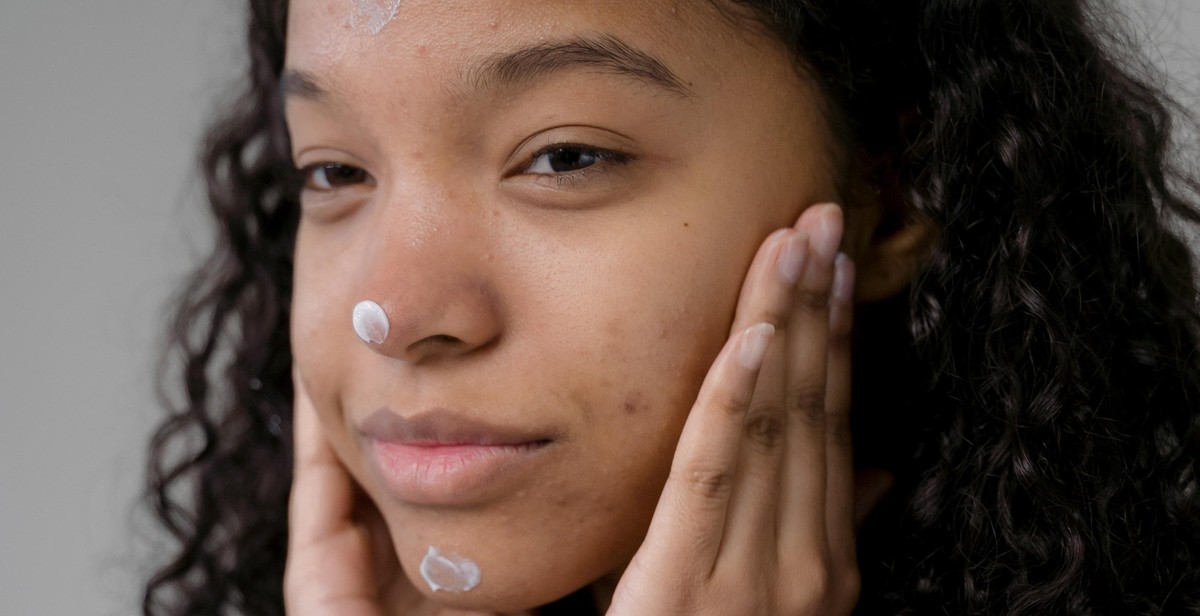
Hydrating Your Skin
Dry skin can be a frustrating and uncomfortable condition, but there are several ways to hydrate and moisturize your skin. One of the most important things you can do is to drink enough water. Water helps to keep your skin hydrated from the inside out, so aim to drink at least 8 glasses of water per day.
Using a Humidifier
Another way to hydrate your skin is to use a humidifier. Humidifiers add moisture to the air, which can help to prevent your skin from drying out. This is especially important during the winter months, when the air tends to be drier. You can use a humidifier in your bedroom while you sleep, or in your office while you work.
Eating Foods that Hydrate Your Skin
Your diet can also play a role in hydrating your skin. Eating foods that are high in water content can help to keep your skin hydrated and moisturized. Some examples of hydrating foods include cucumbers, watermelon, celery, and oranges. In addition, foods that are high in healthy fats, such as avocado and salmon, can help to keep your skin soft and supple.
| Hydrating Foods | Healthy Fats |
|---|---|
|
|
By drinking enough water, using a humidifier, and eating foods that hydrate your skin, you can help to prevent dryness and keep your skin looking healthy and radiant.
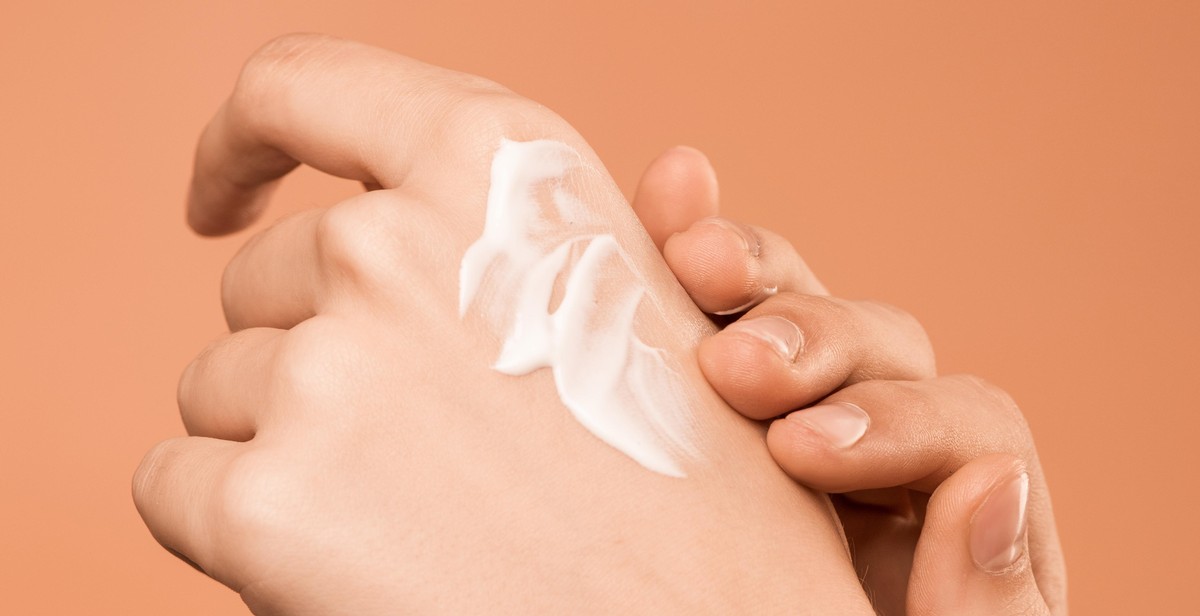
Moisturizing Your Skin
Dry skin can be uncomfortable and even painful at times. The good news is that moisturizing your skin can help relieve these symptoms. Here are some tips on how to hydrate and moisturize dry skin:
Choosing the Right Moisturizer
When choosing a moisturizer, it’s important to consider your skin type. If you have dry skin, look for a moisturizer that contains ingredients such as hyaluronic acid, glycerin, or ceramides. These ingredients help to attract and retain moisture in the skin.
For oily skin, choose a lightweight, oil-free moisturizer that won’t clog pores. If you have sensitive skin, look for a fragrance-free, hypoallergenic moisturizer that won’t irritate your skin.
Applying Moisturizer Correctly
Once you’ve chosen the right moisturizer for your skin type, it’s important to apply it correctly. Here are some tips:
- Apply moisturizer to clean, dry skin.
- Use a pea-sized amount for your face and a quarter-sized amount for your body.
- Gently massage the moisturizer into your skin using upward and outward motions.
- Don’t forget to moisturize your neck and chest as well.
- Wait a few minutes before applying makeup or getting dressed to allow the moisturizer to fully absorb into your skin.
Moisturizing Tips for Different Skin Types
Here are some additional tips for moisturizing different skin types:
| Skin Type | Moisturizing Tip |
|---|---|
| Dry Skin | Apply moisturizer twice a day, and consider using a heavier cream at night. |
| Oily Skin | Use a lightweight, oil-free moisturizer, and apply it only once a day. |
| Combination Skin | Use a lightweight moisturizer on oily areas and a heavier cream on dry areas. |
| Sensitive Skin | Choose a fragrance-free, hypoallergenic moisturizer, and patch test it before applying it to your face. |
By following these tips, you can help hydrate and moisturize your dry skin, leaving it feeling soft, smooth, and healthy.
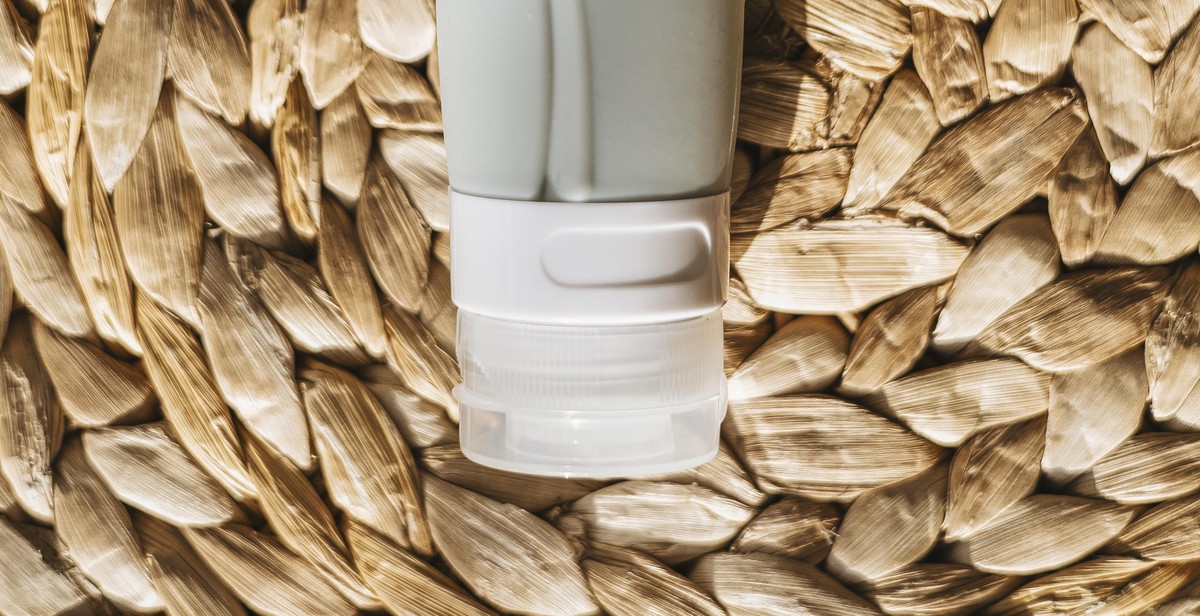
Other Tips for Hydrating and Moisturizing Dry Skin
Aside from the tips mentioned above, there are other things you can do to keep your skin hydrated and moisturized:
Avoiding Hot Showers and Bath
While hot showers and baths may feel relaxing, they can actually strip your skin of its natural oils and cause it to become dry and itchy. Instead, try taking lukewarm showers or baths and limit your time in the water to no more than 10-15 minutes.
Using Gentle Cleansers
Harsh soaps and cleansers can also strip your skin of its natural oils, leaving it dry and irritated. Look for gentle, fragrance-free cleansers that are specifically formulated for dry or sensitive skin. Avoid using products with alcohol, as it can be drying to the skin.
Protecting Your Skin from the Sun
The sun’s UV rays can also contribute to dryness and premature aging of the skin. Make sure to apply a broad-spectrum sunscreen with an SPF of at least 30 every day, even on cloudy days. Wear protective clothing, such as hats and long-sleeved shirts, when you’re outside for extended periods of time.
By following these additional tips, you can help keep your skin hydrated and moisturized, and prevent dryness and irritation.
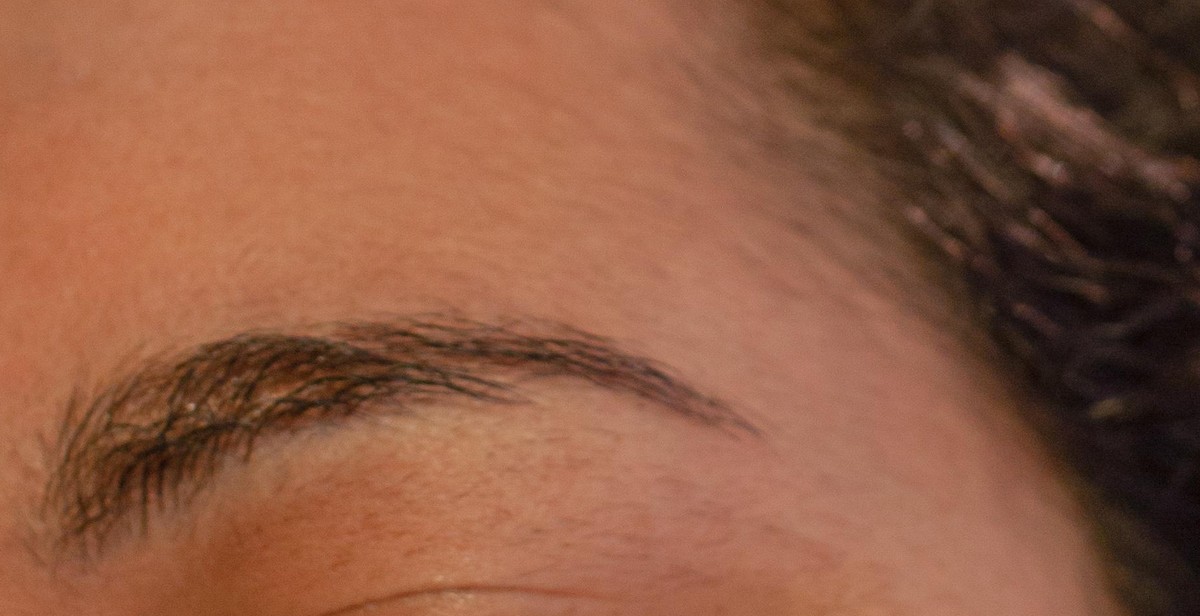
Conclusion
Dry skin can be a frustrating and uncomfortable condition, but with the right hydration and moisturization techniques, it can be managed effectively. The key is to understand the underlying causes of dry skin and to adopt a holistic approach that addresses these causes.
Key Takeaways
- Drink plenty of water to keep your skin hydrated from within
- Use a gentle, moisturizing cleanser to avoid stripping your skin of its natural oils
- Apply a rich, nourishing moisturizer immediately after showering or bathing to lock in moisture
- Avoid hot showers and baths, as they can further dry out your skin
- Protect your skin from harsh winds and extreme temperatures by wearing appropriate clothing
By following these tips and incorporating them into your daily skincare routine, you can achieve healthy, hydrated, and moisturized skin. Remember, consistency is key, so be sure to stick with your routine even when you don’t see immediate results.
Additional Resources
For more information on dry skin and how to care for it, check out these helpful resources:
- American Academy of Dermatology: Dry Skin
- Mayo Clinic: Dry Skin
- National Institutes of Health: Strategies for Dry Skin Management and Prevention
|
Dry skin can be uncomfortable and unsightly. |
Hydrated skin is healthy and glowing. |
